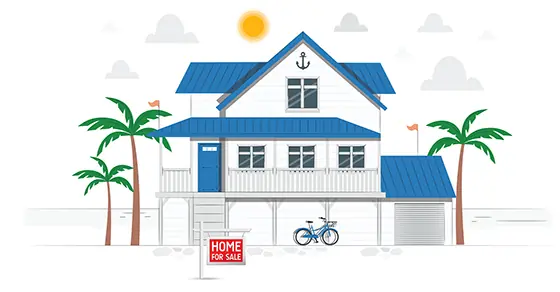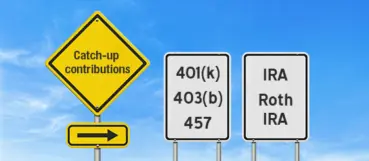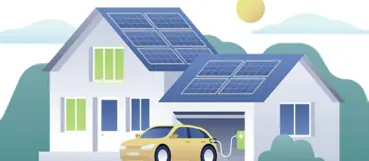Taxes when you sell an appreciated vacation home

Vacation homes in upscale areas may be worth way more than owners paid for them. That’s great, but what about taxes? Here are three scenarios to illustrate the federal income tax issues you face when selling an appreciated vacation home.
Scenario 1: You’ve never used the home as your primary residence
In this case, the home sale gain exclusion tax break (up to $250,000 or $500,000 for a married couple) is unavailable. Your vacation home sale profit will be treated as a capital gain.
If you’ve owned the property for more than one year, the gain will be taxed at no more than the 20% maximum federal rate on long-term capital gains (LTCGs), plus the net investment income tax (NIIT), if applicable. However, the 20% rate only applies to the lesser of:
- Your net LTCG for the year, or
- The excess of your taxable income, including any net LTCG, over the applicable threshold.
For 2024, the thresholds are $518,900 for single filers, $583,750 for married joint filers and $551,350 for heads of households. If your taxable income is below the applicable threshold, the maximum federal rate on net LTCGs is 15%.
If you also owe the 3.8% NIIT, the effective federal rate on some or all of your net LTCG will be 18.8% (15% + 3.8%) or 23.8% (20% + 3.8%).
You may owe state income tax, too.
Scenario 2: You’ve rented out the vacation home
In this situation, you probably deducted depreciation for rental periods. If so, the federal rate on gain attributable to depreciation (so-called unrecaptured Section 1250 gain) can be up to 25%, assuming you’ve held the property for over one year. You may also owe the 3.8% NIIT on the unrecaptured Section 1250 gain. Any remaining gain will be taxed at the federal rates explained earlier.
Plus, if you rented out the vacation home but used it only a little for personal purposes, it has probably been classified as a rental property for federal tax purposes. If so, you may have had rental losses that couldn’t be deducted currently due to the passive activity loss (PAL) rules. You can deduct these suspended PALs when the property is sold.
Scenario 3: You used the vacation home as a principal residence for a time
In this case, you might be able to claim the tax-saving principal residence gain exclusion break. Specifically, if you owned and used the property as your principal residence for at least two years during the five-year period ending on the sale date, you probably qualify for the exclusion.
There’s another major qualification rule for the home sale gain exclusion tax break. The exclusion is generally available only when you’ve not excluded an earlier gain within the two-year period ending on the date of the later sale. In other words, you generally cannot claim the gain exclusion until two years have passed since you last used it.
Of course, if you have a really big gain from selling your vacation home, it may be too big to fully shelter with the gain exclusion — even if you qualify for the maximum $250,000/$500,000 break. Assuming you’ve owned the property for more than one year, the part of the gain that can’t be excluded will be an LTCG taxed under the rules explained earlier.
Conclusion
Taxes on vacation home sales can get complicated, and we haven’t covered all the potential issues here. However, the tax results are simple if you’ve never rented out the property and never used it as a principal residence. We can fill in the blanks in your situation and answer any questions that you may have.
© 2024





